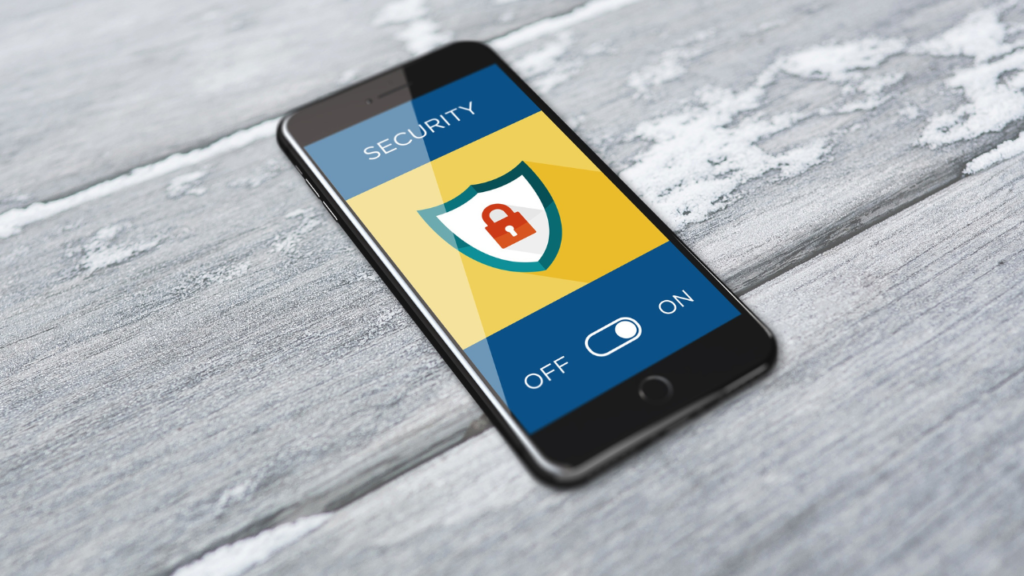With rising concerns about data privacy and an increasing number of cyber-attacks, securing our smartphones has never been more critical. After all, our smartphones have essentially become extensions of ourselves, containing a vast repository of personal and confidential data. Among the security tools at our disposal, smartphone encryption stands out. But what exactly is it, and why should you care?

Understanding Smartphone Encryption
At its core, smartphone encryption transforms the data on your device into an unreadable format unless decrypted using the appropriate encryption key. Think of it as a protective vault for your smartphone’s data, ensuring unauthorized individuals can’t access your personal or sensitive information.
The Upsides of Smartphone Encryption
1. Safeguarding Personal Data: Be it photos, banking details, or confidential emails, encryption acts as a shield, preventing unauthorized access to your sensitive data.
2. An Enhanced Security Layer: With encryption enabled, even if hackers get their hands on your device or data, they’d be staring at gibberish.. This becomes a significant deterrent for cybercriminals.
3. Privacy Matters: In a world where personal data is the new gold, encryption ensures you retain your privacy. Your encrypted information remains yours alone.
4. User-friendliness: Contrary to some assumptions, encrypting your phone isn’t rocket science. Modern smartphones come equipped with straightforward encryption options, often found in the settings menu.
The Other Side of the Coin: Drawbacks
1. Potential Lags in Performance: There’s a slight trade-off. Encryption can make your phone’s performance a tad slower, especially on dated devices.
2. Not All Devices Play Nice: Older smartphones might resist encryption. Plus, encryption apps might exacerbate this sluggishness.
3. The Perils of Forgotten Keys: Imagine forgetting the combination to your safe. Lose your encryption key, and you might be permanently locked out of your data.
4. Beware of Imposters: With encryption gaining traction, rogue encryption apps with nefarious intentions have mushroomed. Exercising caution when downloading apps is paramount.
FAQs
Q: Can I decrypt my smartphone later if I’ve encrypted it? A: Yes, but the decryption process might reset your phone to its factory settings, meaning data loss if not backed up.
Q: Is encryption the same as locking my smartphone with a password or PIN? A: No. While both provide security layers, encryption makes data unreadable without the key, whereas a password simply restricts device access.
Q: How long does the encryption process typically take? A: The duration varies based on the amount of data and device type but usually ranges from 30 minutes to a few hours.
Conclusion
Smartphone encryption is undeniably a potent tool in our digital age, fortifying our data against unwarranted breaches. While it comes with its set of challenges, the overarching benefits often tilt the scale in its favor for many users. Like any tool, it’s vital to understand its nuances and employ it judiciously. Being informed is the first step towards a safer digital life.
